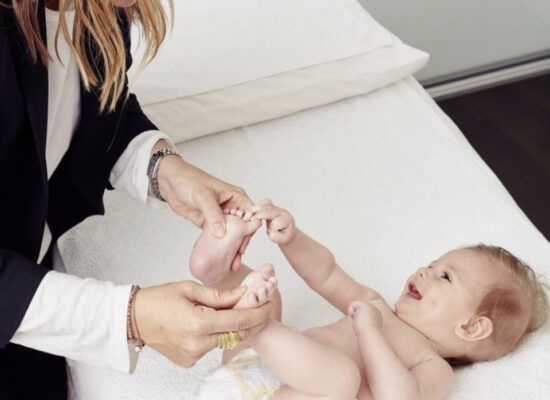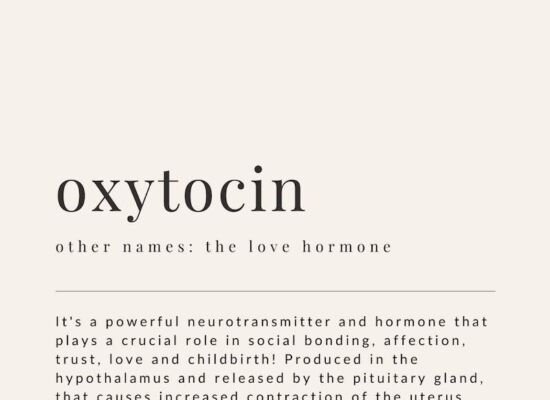
WRITTEN BY RACHEL BRIDGE – DIRECTOR & FOUNDER – MAMA BASE ILLAWARRA – PSYCHOLOGIST & AUTHOR
What Is Attachment?
Attachment can be defined as a deep and enduring emotional bond between two people in which each seeks closeness and feels more secure when in the presence of the attachment figure.
Attachment parenting is far from a fad. Decades of research have shown that a child who has a secure attachment with a primary caregiver, fosters the growth of a happier and healthier child across multiple developmental domains. Attachment parenting is well supported by developmental neuroscience, which explore how interactions between baby and caregiver impact on the babies growing brain.
Through a secure attachment, our children can feel safe and cared for in the tough internal experiences that we all share. Having a secure attachment with your child is more potent and vital than the meeting of their basic needs such as food, shelter and education.
To achieve this bolstered attachment through connection, you will be happy to hear, that it’s the simple things that truly are the most important to our children. It’s their connection and relationship with us that offers them a way to truly experience the world, others and themselves in a wonderful way. And, this all begins even before birth.
Bonding & Attachment During Pregnancy
The profound physical and psychological bonds shared by a pregnant person and their child begin during gestation when the pregnant person is everything for the developing fetus supplying warmth, sustenance and a soothing rhythm of the heart beat.
The physical connection is provided by the placenta, an organ built from cells from both the birthing person and the fetus, which serves as a passageway for the exchange of nutrients, gasses and wastes. Cells may migrate through the placenta between pregnant person and the fetus, taking up residence in the many organs of the body.
Making space in your mind for your baby is an important part of the transition into parenthood. Making space for the relationship you have with your baby is important. Including your baby in your life by holding your baby in your thoughts and connecting through touch and talking to them during pregnancy can help build the emotional bond.

Attachment & Bonding With A New Born
“A baby cannot exist alone, but is essentially part of a relationship”
– Donald Winnicitt.A new born baby depends on you to calm and regulate their nervous system. They are evolutionarily designed to know that without physical contact of a loving caregiver, they are vulnerable to the many dangers of the new and unknown world’. A new born baby does not have ‘wants’ only ‘needs’. The need to be safe, the need to be fed, the need to be close and the need to be loved.
Building a secure attachment with your baby is a beautiful experience. Here are some reflections from ‘Circle Of Security Parenting Program’ to help you along the way…
The name of the game is delight – babies ae hard wired to experience joy with their caregivers in the early months of life. Researchers are finding that mutual joy is a basis for increased brain growth. A baby feels more secure knowing that ‘life is good, because my parent enjoys life when he/she is with me’.
Every baby needs a holding environment – babies soak upaffection and love through their skin. Gentle touch shares the tenderness that every infant requires. Playful touch encourages joy. Holding your baby not only provides pleasure and reassurance, it is essential in helping to soothe and organise difficult feelings.
The eyes have it – gaze into your babies eyes from the first day of life, and pay close attention to when your child wants to look back. At about six weeks, your child regularly focuses on your eyes, an opportunity to read what they are trying to say. Lots of pleasurable eye contact will translate into a feeling of reassurance and connection for your baby.
Whenever possible, follow your child’s lead – security of attachment requires a caregiver who is sensitive and responsive to her/his child’s needs. Your willingness to answer subtle requests for attention, comfort, holding, exploration and discovery with you near by) will provide increased sense of security to your child.
You can’t spoil a baby – contrary to those who may be saying that you will harm your child if you are ‘too responsive’ to her/his needs, it isn’t possibly to spoil a baby in the early days, weeks and months of life. Researchers are finding that the most responsive parents actually have children who are less demanding, and more self reliant as they grow older.
Stay with your child during difficult feelings – your children often have upset feelings (anger, hurt, sadness, fear) that are too difficult to manage on their own. When your child has an intense feeling, stay with her/him until the feeling has been worked through. Your child will be learning, trust. ‘Someone is here with me when I am in difficulty and pain’ and ‘I can count on a good outcome to follow a difficult experience’.
Talk out aloud about feelings – from your child’s earliest days, talking out aloud about feelings (your child’s and your own) will begin to help her/him eventually label feelings and realise they can be shared. As your child gets older, he/she will realise that intense feelings can be named (mad, sad, glad, and afraid) and discussed with another, thus ending a need to act them out.



